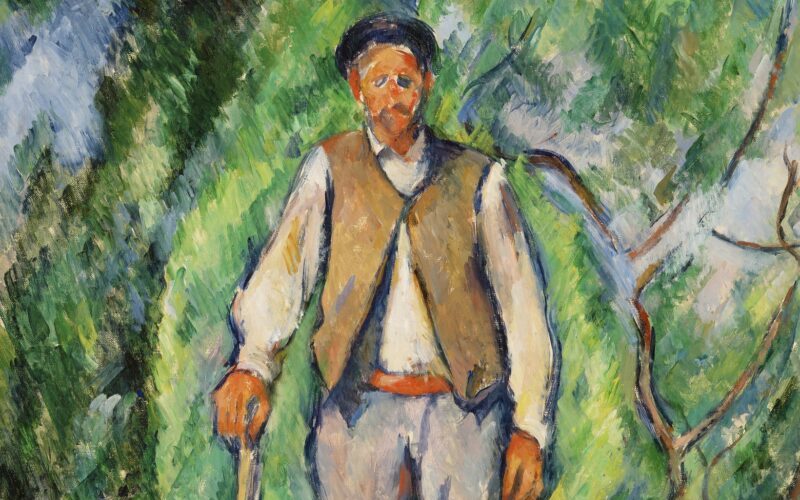“‘Everyone must leave something behind when he dies, my grandfather said. A child or a book or a painting or a house or a wall built or a pair of shoes made. Or a garden planted. Something your hand touched some way so your soul has somewhere to go when you die, and when people look at that tree or that flower you planted, you’re there. It doesn’t matter what you do, he said, so long as you change something from the way it was before you touched it into something that’s like you after you take your hands away. The difference between the man who just cuts lawns and a real gardener is in the touching, he said. The lawn-cutter might just as well not have been there at all; the gardener will be there a lifetime.’”
From Ray Bradbury’s Fahrenheit 451, this quote encapsulates one of the novel’s main themes: The importance and beauty of being attentive to the present. In the modern era, we are faced with the constant temptation of immediate gratification. As I’m writing this, my phone buzzes with distractions, and my email looms in the background, demanding the attention that I must give my writing. It’s easier than ever to let these distractions consume us, to forget about the hands-on pieces of reality, and to ignore the meaningful moments in front of us. In this way, the world today offers us the ability to passively move through life.
The gardener is an antidote to all this. As any real-life gardener could tell us, gardening requires steady commitment over days, weeks, months, and even years. The gardener takes the time and attention to foster something delicate and precious. He takes the time to plant seeds and tend to growing life. He puts care and energy into pulling the weeds, watering the flowers, and vigilantly watching for pests. This gardening is not filled with immediate results, but it is full of meaningful results.
Even through those moments of hard work in the garden, the effort the gardener puts in is valuable. The personal touch and care that the gardener gives to the plants can be healing and gratifying. And those hours spent weeding are difficult yet rewarding because of what awaits when the flowers bloom. This garden is also something that the gardener leaves behind—a mark on the world that others can appreciate.
In contrast, the lawn-cutter whips through the yard to slice down the grass, doing the minimum to prevent overgrowth. He is above the grass, letting blades impersonally cut away what must go. The lawn-cutter is detached and doesn’t give the same level of personal touch and attention to his task as the gardener. And in turn, the lawn-cutter doesn’t leave behind the same meaningful mark that the gardener does.
In this way, it’s worth considering how we interact with the world. Do we live our whole lives as lawn-cutters, or do we seek out opportunities that let us be gardeners?
This question gets to the heart of what we prioritize in life. Do we let our attention be pulled away by ephemera, and are we bogged down by meaningless activities? Or are we attending to those moments and activities that let us leave something meaningful behind?
As an example, many of us—myself included—spend most of our time staring at screens. Whether it’s an office job, scrolling on social media, or texting a friend, so much of our lives is consumed by the virtual. Of course, there’s a time and a place for the tools of technology, but when it replaces the here and now, we begin to remove ourselves from the grounding of reality and pull away from the meaning of the gardener.
So, how do we cultivate the gardener inside all of us? As the literal activity, gardening may not be the most appealing skillset for everyone. It could be cooking, woodworking, sewing, writing, or another hobby that allows us to pay attention to life. Cultivating these real, practical skills lets us each leave our own mark on the world like Bradbury’s gardener.
These moments and activities aren’t flashy: In Fahrenheit 451, quiet moments stand in contrast to the story’s world of wildly fast cars and gigantic television screens. But when those cars and televisions turn off, what will remain of those whose lives were filled with them? Will those people have left something meaningful behind—“a child or a book or a painting or a house or a wall built or a pair of shoes made”?
Rather than cut the lawn, let’s garden.
—
Image credit: Flickr-Paul Cézanne, CC BY 2.0


















